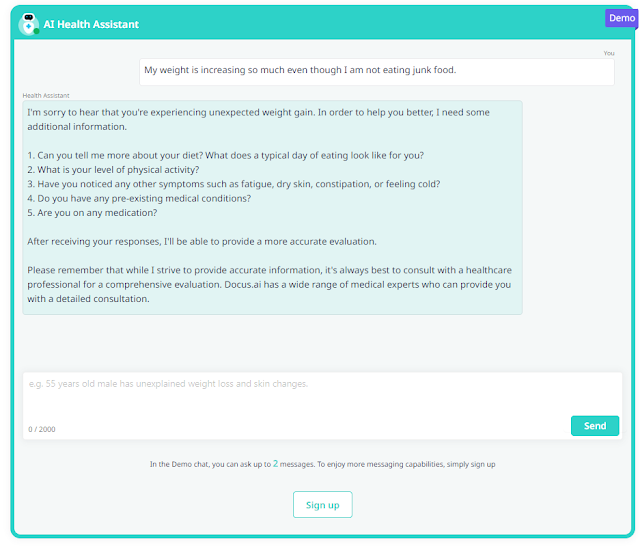How Close Are We to a Catastrophic AI Decision? Stanford Study Reveals Surprising Results
The field of artificial intelligence (AI) is rapidly growing and evolving, with new advancements and applications emerging almost daily. However, as AI technology becomes more complex and powerful, questions about its ethical implications and potential risks are also becoming increasingly important. The Stanford 2023 Artificial Intelligence Index Report, released in April of 2023, provides valuable insights into the attitudes and perspectives of the AI research community on a range of topics, including the state of the field, ethics, and the potential risks of AI. In this report, a group of American researchers conducted a survey of the natural language processing (NLP) research community, gathering opinions from over 480 individuals on diverse issues related to AI.
The survey conducted by American researchers of the natural language processing (NLP) research community sheds light on the attitudes of AI researchers towards various issues, including the state of the field, ethics, and artificial general intelligence (AGI). The survey, completed by these 480 individuals, found that the NLP research community believes that private firms have too much influence and that industry will produce the most widely cited research. Additionally, a majority of respondents feel that specific types of AI systems can understand language, while also expressing concern about the carbon footprint of AI.
Although most researchers feel that AI could lead to revolutionary societal change, only a minority (36%) believe that AI decisions could cause nuclear-level catastrophe. Furthermore, the survey found that the NLP community is skeptical of the focus on benchmarks and scale, with most respondents believing that more work should be done to incorporate interdisciplinary insights.
The survey represents one of the most comprehensive pictures of the attitudes AI researchers have towards AI research, and its findings may inform future developments and debates within the field. As AI continues to advance, it will be crucial for researchers to address concerns about its potential impact and ensure that it is developed and deployed ethically and responsibly.
Examining the tables in more detail can provide a deeper understanding of the attitudes and beliefs of the NLP research community towards artificial intelligence, ethics, and the future of the field.
Table 1: Attitudes toward Industry Influence and Research Production
|
Statement |
Percentage Agreeing/Wkly Agreeing |
|
Private firms have too
much influence in NLP research |
77% |
|
Industry will produce the
most widely cited research |
86% |
Table 2: Attitudes toward Language Understanding
|
Statement |
Percentage Agreeing |
|
LMs understand language |
51% |
|
Multimodal models
understand language |
67% |
Table 3: Attitudes toward NLP Impact, Psychological Predictions, and Regulation
|
Statement |
Percentage Agreeing |
|
NLP's past net impact has
been positive |
89% |
|
NLP's future impact will
continue to be good |
87% |
|
Using AI to predict
psychological characteristics is unethical |
48% |
|
The carbon footprint of AI
is a major concern |
60% |
|
NLP should be regulated |
41% |
Table 4: Attitudes toward AI and Revolutionary Societal Change
|
Statement |
Percentage Agreeing |
|
AI could soon lead to
revolutionary societal change |
73% |
|
AI decisions could cause
nuclear-level catastrophe |
36% |
|
Recent research progress
is leading the AI community toward AGI |
57% |
Table 5: Attitudes toward AI Research Direction
|
Statement |
Percentage Agreeing |
|
Too much focus on
benchmarks |
88% |
|
More work should be done
to incorporate interdisciplinary insights |
82% |
|
Too great a focus on scale |
72% |
|
Scaling solves practically
any important problem |
17% |
|
The importance of
linguistic structure is affirmed (despite attention on scaling) |
50% |
The Stanford 2023 Artificial Intelligence Index Report offers a comprehensive insight into the attitudes and beliefs of NLP researchers. The study shows that there is a significant concern over the impact of AI on society, with the majority of respondents feeling that private firms have too much influence, and that NLP should be regulated.
While the NLP research community is divided on the issue of using AI to predict psychological characteristics, there is an overwhelming belief that NLP has had and will continue to have a positive impact on society. The study also highlights the community's concerns about the carbon footprint of AI and the need for interdisciplinary insights. Overall, this report provides valuable insights into the state of the NLP research community and offers important considerations for future AI development. Read the complete report to gain more insight into the community's opinions and priorities.













No comments: